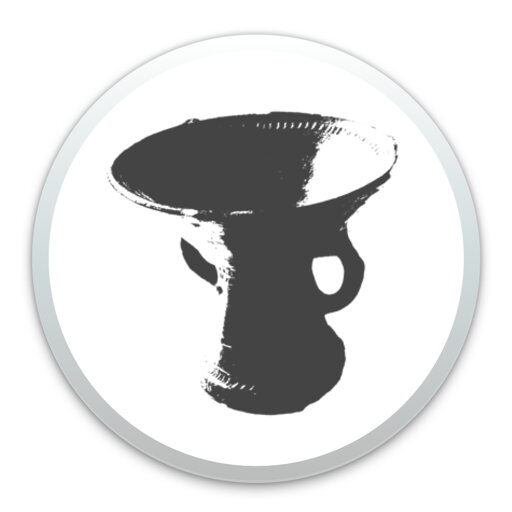Introduction
(This article was first published in 2011)
On the occasion of the Muslim month of fasting I would like to present manzuma, a special kind of musical creative art, which is very popular among Muslims in Ethiopia. Although Ethiopian Muslims would reject to call manzuma chanting as ‘music’ it has without doubt a musical character. Manzuma songs belong to the spiritual and religious sphere of life they which is clearly distinguished from the profane world of music.
Islam in Ethiopia
Although Ethiopia is often perceived as a dominantly Christian country Islam has an important place in the historic and a cultural composition of the country. The first Muslims arrived in Ethiopia during the time of the prophet Muhammad in 615 A.D. and the emergence of the first Muslim sultanates in central Ethiopia date back to the 9th century. Today about 34% of the Ethiopian population are Muslims and Islam is the dominant religion in a number of regions, such as Afar, Somali, Harar, Eastern and Southwestern Oromiya, parts of the Gurage region and the eastern part of the region Wollo. This region is inhabited by a mixture of different ethnic groups, Amhara, Oromo, Argobba and Afar, though Amharic speakers are the majority.
Sufism
The introduction of Sufi brotherhoods in Eastern Wollo in the 18th century led to the establishment of centers of Muslim scholarship. Some of the most important centers in Wollo are Anna, Dana, Č̣ali, Geta and Tiru Sina. Theses centers are active utill this day and draw pupils from other Muslim regions of Ethiopia such as Jimma and the Gurage region, thus their influence extend beyond the local area. The centers have become destinations of yearly pilgrimages and the scholars who founded these centers as well as their successors are often venerated as awliya, i.e. (Muslim holy men).
Manzuma
Manzuma is an Arabic term (the Arabic form is manẓūma) meaning “put into poetic form” and refers to a text written in the metrical system of Classical Arabic Poetry. In Ethiopia manzuma usually refers to Islamic poetry which is performed in a chanted manner. Manzuma was first introduced by Jamal ad-Din Muhammad, the founder of the first Sufi center in Anna in Northeastern Wollo. Although being Ethiopian he used the Arabic language to compose manzuma poems. Shaykh Misbah Deresa from Dana is said to be the first who used his mother tongue Amharic for the composition of manzuma poetry. The most influential Amharic manzuma poet was Sayyid Ibrahim Yasin better known as She Č̣ali, who founded Sufi center in the eastern part of Wollo in the first decades of the 20th century.
Language
The first manzuma poems composed by Ethiopian Muslim poets were written in Arabic. Because manzuma appeared first in Wollo, where most of the people speak Amharic, most of manzuma poems are composed in Amharic. But in recent times manzuma became also popular in other regions of Ethiopia where other languages are spoken. Today there are manzuma poets who compose in other languages, especially in Oromo. In Harar another center of Islamic scholarship in Eastern Ethiopia, religious poetry is known under the name zikri.
Content and performance of Manzuma
In Ethiopia most of manzuma texts are praise poems and contain different religious topics such as prayer for the Prophet (tawaṣolāt), praise of the Prophet (madḥ an-nabī), which also include biographical accounts of the Prophet (mawlid and miʿrāǧ), and praising God (ṯanāʾ Allāh).
Though manzuma poems are performed orally they are usually written beforehand. In writing manzuma poems authors usually write in the so-called ajem script, i.e. the use of the Arabic alphabet for Amharic.
Manzuma poems are usually recited during religious celebrations like mawlid, i.e. the birthday of the Prophet or ziyāra, religious pilgrimages. Other occasions are ḥaḍra meetings, i.e. Sufi gatherings for collective prayers and ḏikr mediations. Manzuma “songs” are chanted by one lead performer who is accompanied by a chorus. The chorus performers are often so-called deresa, i.e. religious students. In Wollo there are basically different forms of manzuma performances. It can be performed with the accompaniment of a drum, also called dəbbe (dəbbe meaning drum in Amharic), by hand-clapping and sometimes dancing or without any accompaniment in this case called əngurguro.
Manzuma on the market
Besides being performed manzuma recordings are also distributed on various media. Recordings of many lesser known performers are sold on simple copied cassettes. But there are a number of manzuma cassettes which are produced in a professional way for the market.
